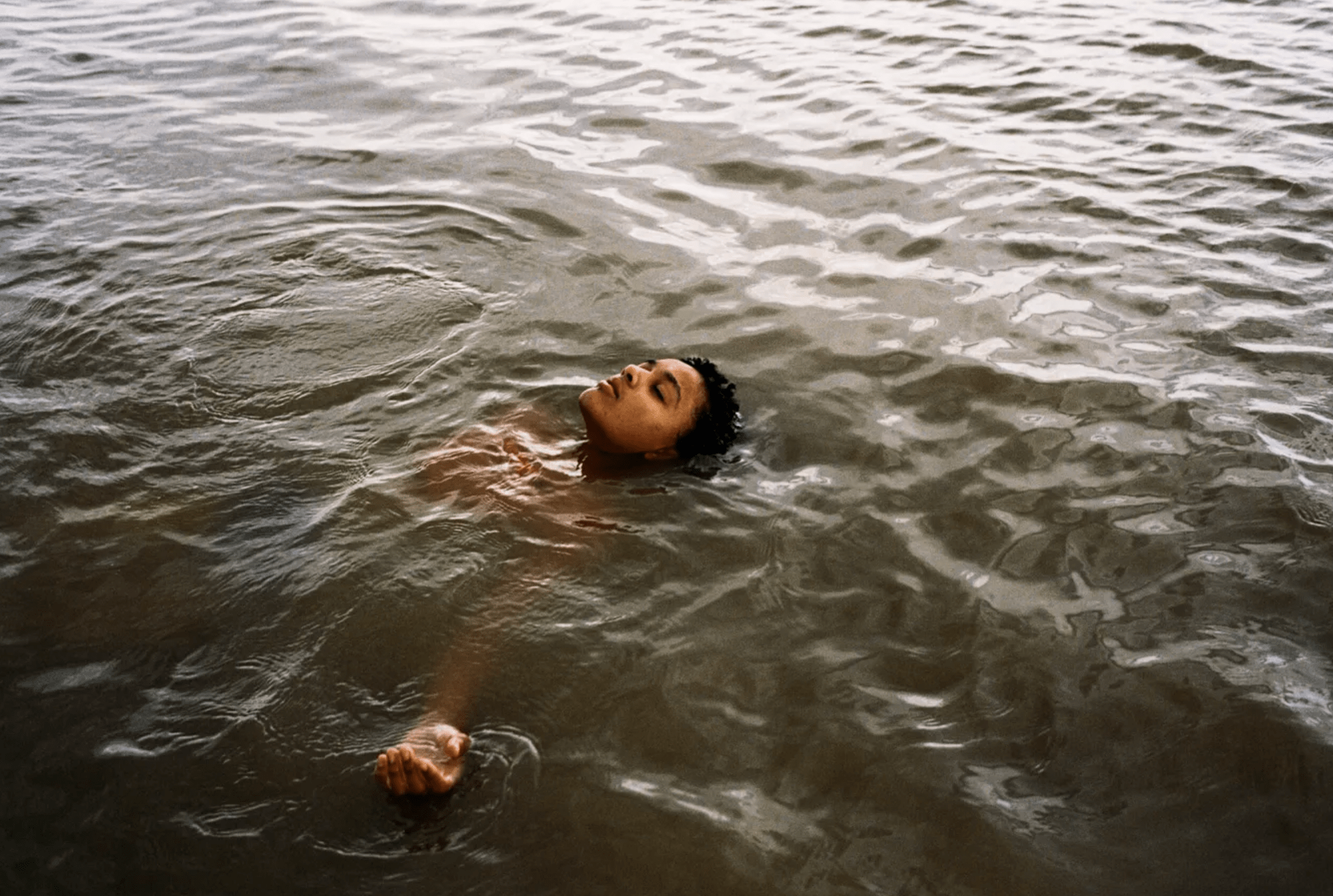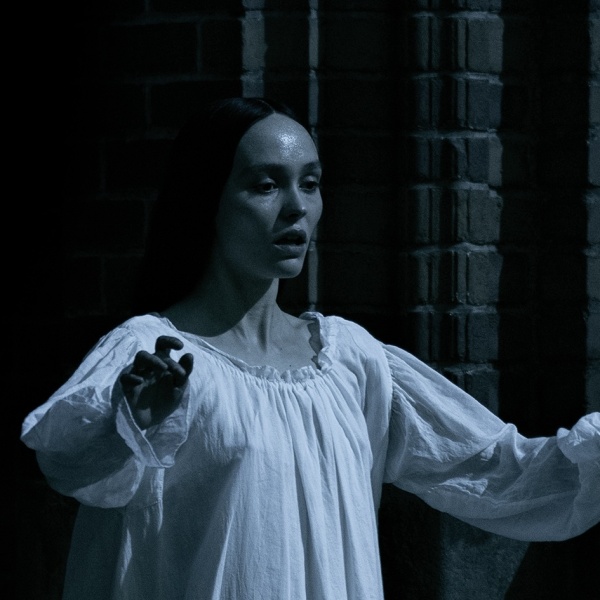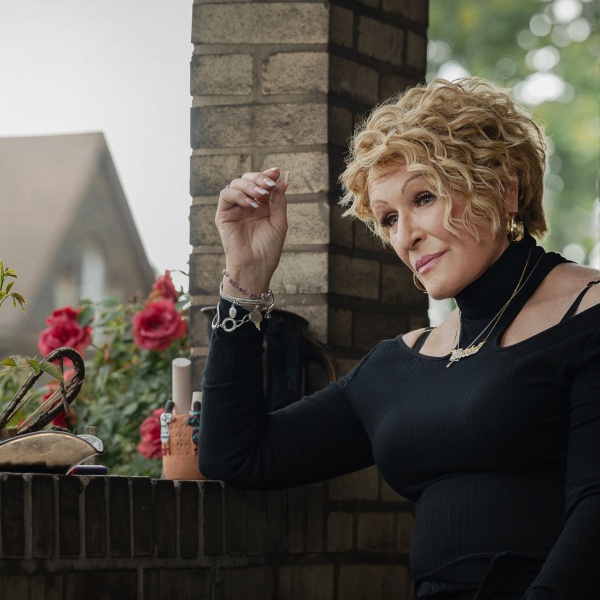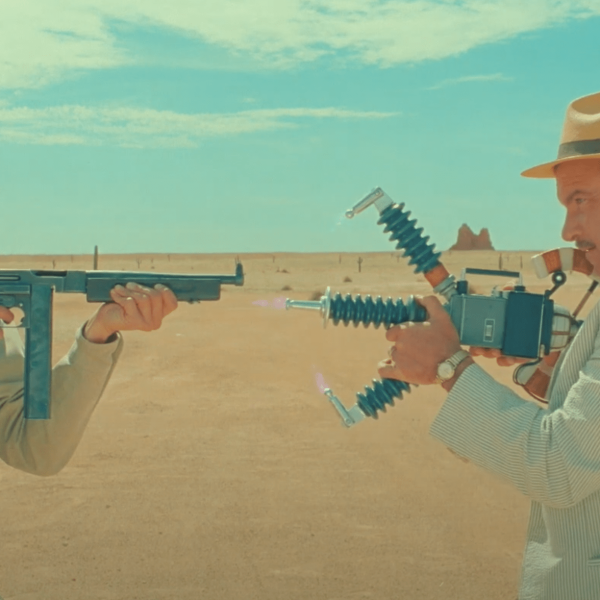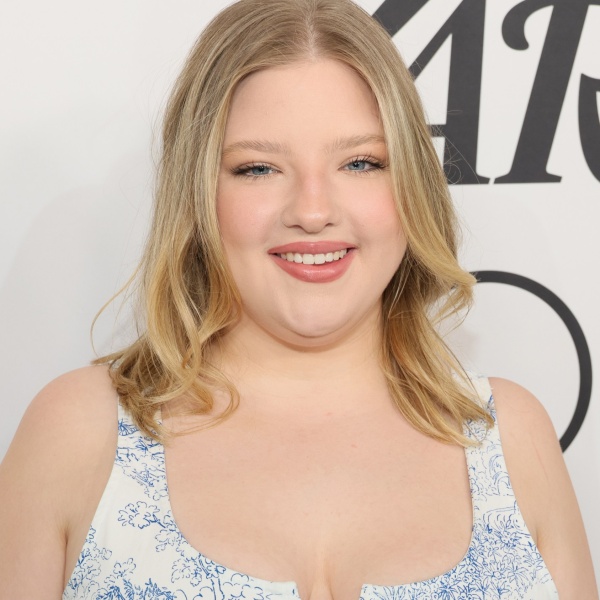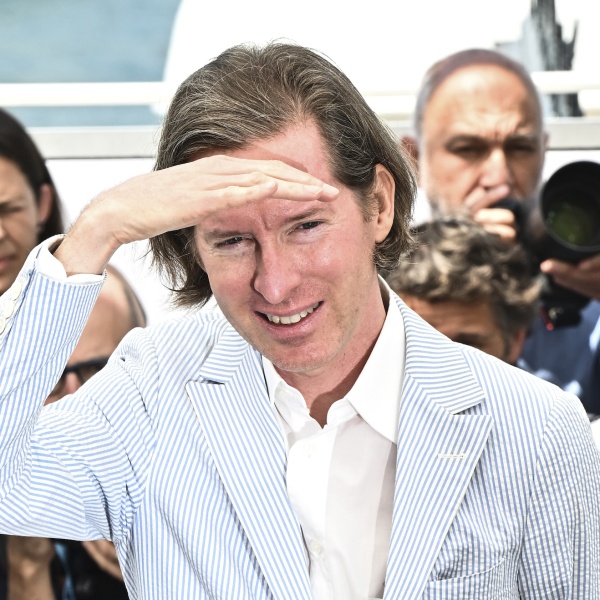There is only one Andrea Arnold, as much as her contemporaries in Europe and beyond try to imitate her particular style: emotionally heightened social realism with often first-time actors playing characters not far from their real selves. That itself started in the 1950s with British kitchen sink realism. Yet Arnold has done much to imbue it with a radical poetry that finds the beauty in a hardscrabble life, from a volatile East London teenager with hip-hop ambitions in “Fish Tank” (2009) to the rumbling road odyssey “American Honey” (2016) that found Arnold shooting in the United States for the first time.
Her latest film “Bird,” continuing a tradition for one-word titles centered around animalia Arnold started in 2001 with her short film “Dog” and more recently with the documentary “Cow,” is a departure for Arnold in a key way: This sensitively drawn if opaque coming-of-age fable about 12-year-old Bailey (newcomer Nykiya Adams) uses, I think, the most CGI of any movie in Arnold’s oeuvre. That’s not to say it’s unsubtly deployed, but “Bird” features more surreal flights of fantasy than we’re used to seeing from the ordinarily stripped-down, Academy ratio-shooting filmmaker. There’s an eager fox that wanders into the wedding reception of Bailey’s father Bug (an inked-up, working-class Barry Keoghan), a crow that steals a handwritten missive out of Bailey’s hands, and an unexpected sequence of anthropomorphic transformation that thrusts “Bird” into a briefly weird direction.
Not all these elements succeed as well as the transfixing central relationship that gives the film its title. Bailey, who lives with Bug and her brother Hunter (Jason Buda) in a squat in northern Kent, in the southeast of England. Rooms are separated by bedsheets, and a patina of ochre fadedness seems to cover everything. Wandering the grounds around their outpost, Bailey retreats into her imagination to escape the ennui of life, and frustrations over Bug’s sudden engagement to a woman he met three months ago. It’s out there in the moorland sprawl that Bailey encounters a kindly vagabond named Bird (Franz Rogowski, typically excellent in a lowkey, dialogue-light performance), who dresses in skirts and tattered clothing and provides much-needed friendship for Bailey. Rogowski previously said in an IndieWire interview that, shooting the movie in summer 2023, Andrea Arnold would wait “like a hunter” for the right shot, and you can sense the patience of her approach here in a movie that unfolds slowly and with little story to tether itself to.
Away from Bailey’s strained relationship with Bug and way on the other side of town (and ergo the proverbial tracks) lives her mother Peyton (Jasmine Jobson) and two younger sisters. Peyton’s now shacking up with an abusive brute named Skate (James Nelson-Joyce), a menacing presence who threatens the youngest sister over how she makes a cup of tea. Bird ultimately enables Bailey to summon up the courage to face Skate and try to help her sisters out, and also to confront the general drudgery of her life. Bailey is obviously dealing with gender identity issues that Arnold handles with a modest touch. She cuts down her coily hair and prefers the androgynous dress of track suits to anything that registers as feminine, all the while dealing with her first period.
Arnold is shrewd in directing unknown young or child actors, as demonstrated in how she broke out the likes of Katie Jarvis (“Fish Tank”) and Sasha Lane (“American Honey”). There’s also no better filmmaker to capture the messy, often bodily particulars of a young woman’s coming of age, and that hunter-like, patient approach pays off in her collaboration with Nykiya Adams, whose tenacious without ever being grating, vulnerable without ever being weak. What’s handled with perhaps too gossamer a hand is the nature of who Bird is and where he came from. You’d be forgiven for thinking he is some kind of imaginary friend for Bailey, the very person who’d dream up such a thing and in Arnold’s most dreamlike film, but other people see him, too, so it’s not that. But that he seems to appear from nowhere — and eventually reappears in a body horror-adjacent moment that would be so “Black Swan”-like if it weren’t actually touching and weirdly funny instead — leaves you questioning his origins.
Rogowski’s intense and offbeat appeal found its purest expression in last year’s “Passages,” where he played a borderline sociopath manipulating his husband and a new flame in a toxic triangle out of a hungering need for validation. The physically striking actor has a raffish charm and slight lisp that could place him on either side of foe or friend — he’s hard to read, but not inaccessible. “Bird” is his warmest work yet, a turn that’s lovably cuddly, even, as the movie grows slightly more mawkish than usual for Arnold by the film’s end. And the bond between Rogowski and Adams on set is apparent in how the actors can seem to telepath what the other is feeling.
Keoghan, meanwhile, going saltier-of-the-earth than his posh turn as a sadistic social climber in “Saltburn” or the alcoholic villager in “The Banshees of Inisherin,” is superb in just a few key scenes. The early moments of “Bird” suggest an emotional volatility on his end as a father, tough love that veers on abuse. But then, we get Bug and Bailey and a scooter zipping through town, seemingly ecstatic, and Arnold makes us believe in the strength of their father-daughter relationship. There’s a subplot involving Bug’s other son Hunter and his girlfriend that fizzles out and doesn’t integrate as fully with the Bailey/Bird side of the story, but it’s in service of reinforcing, during a last-minute rescue mission at a train station, Bug’s love for his kids.
“Bird” is not Arnold’s best film — how can you top the cross-country raptures of “American Honey” or the final synchronized dance to Nas in “Fish Tank”? But it’s certainly her most ambitious in terms of willingness to stretch her creative reach beyond the social-realist-only confines of some of her early work. The surreal elements of her latest film don’t click into place as well as they ought to, but she’s trying something different, making “Bird” an often shimmering, lovely, and emotionally generous entry in a career that’s never faltered.
Grade: B
“Bird” premiered at the 2024 Cannes Film Festival. It is currently seeking U.S. distribution.
